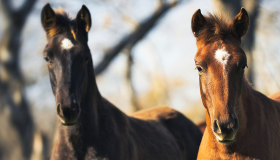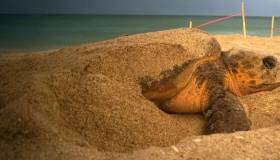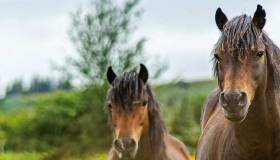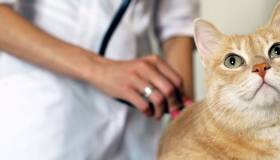DENVER/September 17, 2021 – Morris Animal Foundation, one of the largest nonprofit organizations worldwide funding scientific studies to advance the health of animals, welcomes five new members to its Wildlife Scientific Advisory Board. This year’s WSAB will review proposals focused on improving the health and well-being of animals living in coastal wetlands.
“Coastal wetlands are some of the most biodiverse regions around the world,” said Dr. Janet Patterson-Kane, Chief Scientific Officer. “These complex ecosystems, including freshwater swamps, rocky shorelines and sandbars, also are some of the most at-risk ecosystems globally.
“For wildlife living in coastal wetlands, the combined threats of climate change, habitat destruction and human activities are leading to adverse health outcomes and reduced survival. By focusing our 2021 funding and the expertise of our WSAB members on these critically important ecosystems, we will be able to foster good science to protect and advance the health of species that live all or a part of their lives in these pressured environments.”
WSAB members will review grant proposals on a diverse group of coastal wetland species, potentially including birds, reptiles, invertebrates, amphibians, and terrestrial and aquatic mammal species.
Newly appointed members of the board are:
Dr. Heather W. Barron is the Medical & Research Director at the Clinic for the Rehabilitation of Wildlife on Sanibel Island, Florida, that is dedicated to saving wildlife through veterinary care, research, education and conservation medicine. Barron is a board-certified avian specialist, certified aquatic veterinarian and a licensed wildlife and sea turtle rehabilitator.
Dr. Becki Lawson is a Senior Research Fellow at the Institute of Zoology, Zoological Society of London in the United Kingdom, and a Diplomate of the European College of Zoological Medicine in Wildlife Population Health. Lawson’s research interests include disease effects on the welfare and conservation of free-ranging wildlife as well as disease transmission between free-ranging wildlife, domestic animals and humans, and how human activity influences these processes.
Dr. Mauricio Seguel is an Assistant Professor, Wildlife Scientist and Board-Certified Veterinary Pathologist at the University of Guelph in Canada. Seguel has studied wildlife infectious diseases at Guafo Island in Chilean Patagonia. Current research interests include host and environmental factors impacting the ecology, immunology and pathology of wildlife infectious diseases, with a focus on parasitic diseases in diverse species including South American fur seals.
Dr. Cynthia Smith is the Executive Director and Chief Medical Officer at the National Marine Mammal Foundation, a nonprofit organization focused on marine mammal conservation, medicine and research based in San Diego, California. Smith oversees conservation projects on the assessment, protection and recovery of at-risk wildlife populations, including porpoises, dolphins and whales in the United States and globally.
Dr. Josie South is an Aquatic Scientist and Lecturer in Ecology at the University of Leeds in the United Kingdom. South’s interests include global change ecology and developing solutions for predicting possible ecological and economic impacts of species invasions on native aquatic species as it relates to population structure, persistence and sustainability.
About Morris Animal Foundation
Morris Animal Foundation’s mission is to bridge science and resources to advance the health of animals. Founded in 1948 and headquartered in Denver, the Foundation has invested more than $142 million to date in nearly 3,000 studies to advance the health and well-being of animals around the world. Learn more at morrisanimalfoundation.org.




